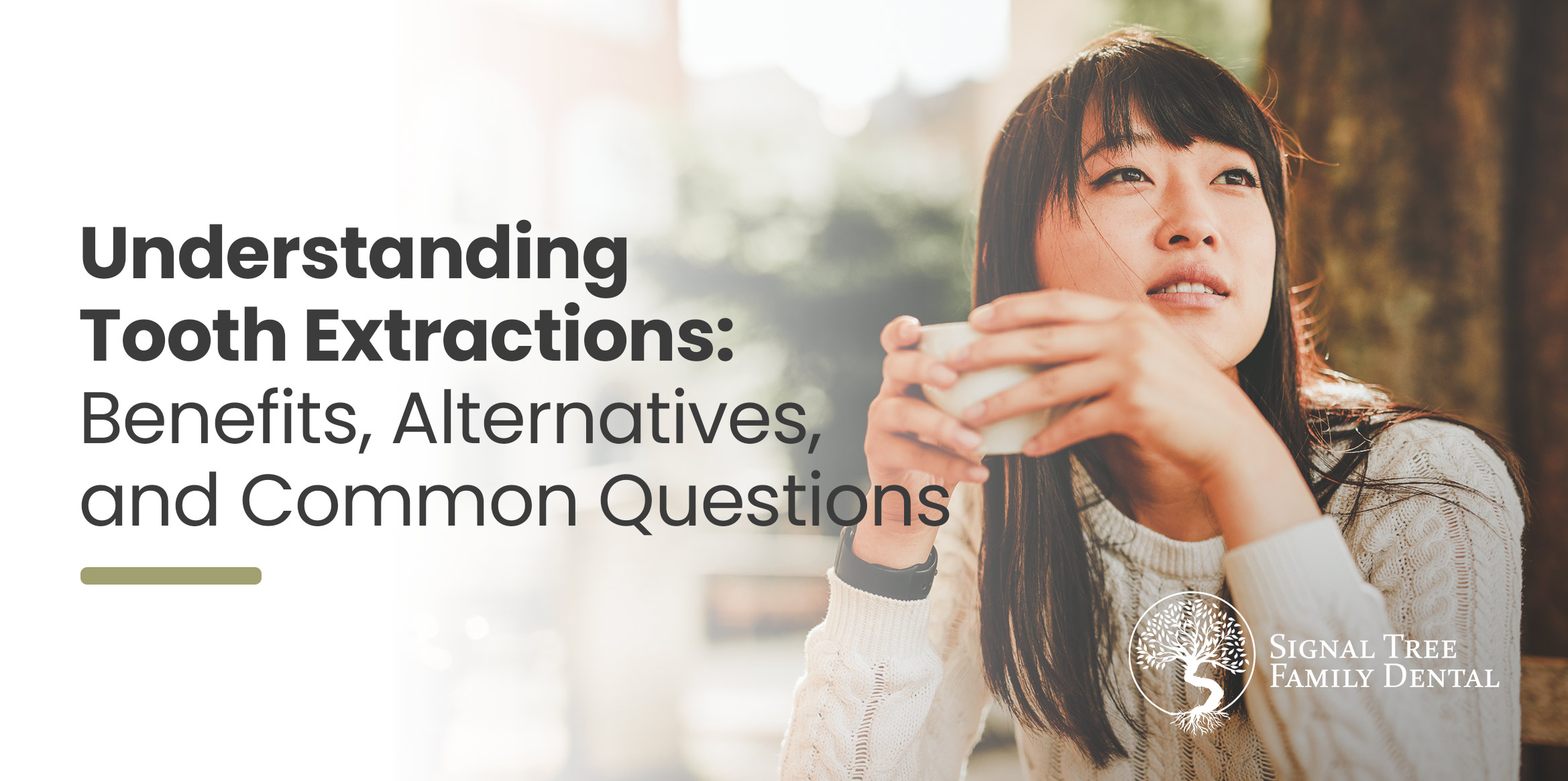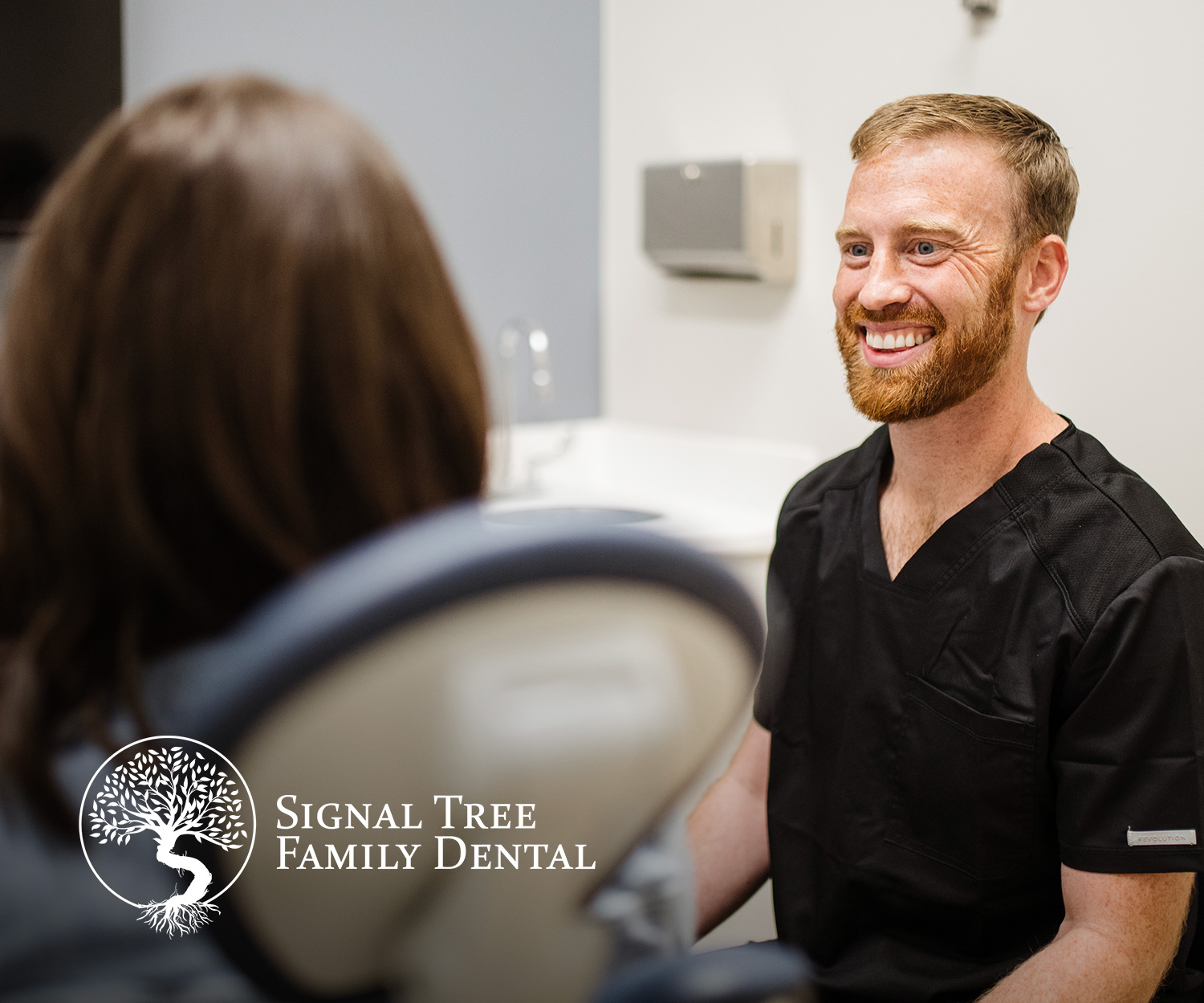Understanding Tooth Extractions: Benefits, Alternatives, and Common Questions
When it comes to dental procedures, tooth extractions may not be at the top of your list, but they are an essential part of maintaining oral health. Whether you’re facing a tooth extraction or simply curious about the process, this comprehensive guide will provide you with insights into the benefits, advantages, common questions, and alternatives related to tooth extractions.
Extracting a severely decayed or damaged tooth can put an end to persistent pain and discomfort, allowing you to regain your quality of life.
Benefits of Tooth Extractions
1. Eliminating Pain and Discomfort
One of the primary benefits of a tooth extraction is the relief it offers from pain and discomfort. Extracting a severely decayed or damaged tooth can put an end to persistent pain and discomfort, allowing you to regain your quality of life.
2. Preventing Infection
If a tooth is infected and the infection has spread to the surrounding tissues, extracting the affected tooth can prevent the further spread of infection. It helps protect your overall health by stopping the infection from entering your bloodstream.
3. Creating Space
Sometimes, tooth extractions are necessary to create space for orthodontic treatment, such as braces. This helps in aligning teeth properly, enhancing your smile and overall oral health.
4. Reduce Crowding
In cases of overcrowded teeth, extraction of one or more teeth may be required to make room for proper alignment and to prevent complications like impaction.
5. Preventing Impaction
Wisdom teeth, in particular, are often extracted to prevent impaction, which can cause pain and damage to adjacent teeth.
Advantages of Tooth Extractions
1. Improved Overall Health
Tooth extractions contribute to improved oral health by eliminating issues like infection, severe decay, and overcrowding.
2. Relieving Pain
Extraction can provide immediate relief from toothaches and discomfort, enhancing your overall quality of life.
3. Preventing Further Complications
Extracting a problematic tooth can prevent it from causing more extensive oral health issues in the future.
Common Questions
1. Is a tooth extraction painful?
Dentists use local (or sedation) anesthesia to ensure that you don’t feel pain during the procedure. You may experience some discomfort after the extraction, which can usually be managed with over-the-counter pain relievers.
2. How long is recovery for a tooth extraction?
Recovery time varies depending on the complexity of the extraction and your overall health. Typically, it takes a few days to a couple of weeks to heal fully.
3. What can I eat after a tooth extraction?
Soft foods are recommended immediately after the procedure. Gradually, you can transition to a regular diet as you heal.
4. Can I drive after a tooth extraction?
If you receive sedation, you’ll likely need someone to drive you home, as the effects of sedation can impair your ability to drive safely.
5. How much does a tooth extraction cost?
The cost of tooth extraction can vary depending on the tooth’s location, complexity of the extraction, and your dental insurance coverage. It’s advisable to check with your dentist or oral surgeon for specific cost details.
Exploring Alternatives
In many cases, tooth extraction is the best course of action for maintaining oral health. However, there are alternatives, depending on your specific situation:
1. Root Canal Therapy
Root canal therapy can save a tooth with infected or damaged pulp, avoiding the need for extraction.
2. Dental Crowns & Bridges
Crowns and bridges can help preserve and restore damaged teeth, especially when extraction is not necessary.
3. Dental Implants
For missing teeth, dental implants offer a durable and natural-looking replacement option.
Conclusion
Tooth extractions play a crucial role in maintaining oral health, relieving pain, and preventing complications. While the thought of extraction may seem daunting, it is a common and safe dental procedure. Remember that your dentist is your best resource for discussing your specific needs and exploring alternatives to tooth extraction. By addressing dental issues promptly, you can enjoy a healthy and pain-free smile for years to come.
Final Thoughts
If you’d like to learn more about tooth extractions, please feel free to give our office a call. Our team will be happy to help. You can call us at 970-449-0306 or text us at 970-238-7908. We also have membership plans available.




